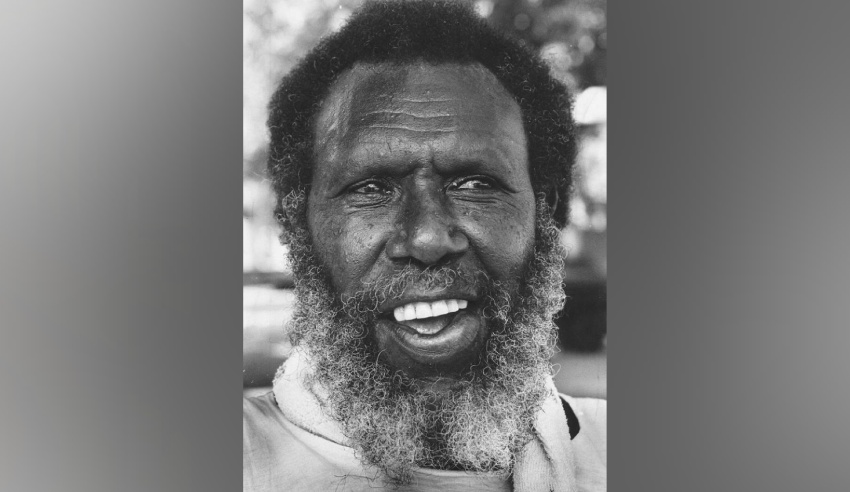The 30th anniversary of the Mabo decision has signalled important milestones for Aboriginal and Torres Strait Islanders.

Eddie Koiki Mabo | Credit: indigenous.gov.au
As discussed in Lawyers Weekly, the Law Council of Australia recently – whilst welcoming the Albanese government – has indicated that they will keep the pressure on the new government to pass crucial reforms to assist Aboriginal and Torres Strait Islander people.
The Australian Lawyers Alliance, the Australian Bar Association and a range of law firms had already expressed their support for a First Nations Voice to Parliament to Lawyers Weekly.
The 30th anniversary coincides with the passing away of the former Chief Justice of the High Court of Australia, Sir Gerard Brennan, at the age of 94. Justice Brennan was best known as the Presiding Justice in the High Court’s famous native title decision in Mabo, which recognised the custodianship role of indigenous people over the land.
“Sir Gerard’s lead judgment on the Mabo case recognised, for the first time under Australian law, that Aboriginal and Torres Strait Islander peoples had lived in Australia for thousand of years and their rights to the land, according to their own laws and customs, not only pre-dated but survived, settlement and continue to this day,” Attorney-General Mr Mark Dreyfus QC MP said.
The Mabo decision was a landmark reform for Aboriginal and Torres Strait Islander people. Minister for Aboriginal and Torres Strait Islander Partnerships Craig Crawford recognised that notions of truth-telling in ATSI culture had been engrained by leaders such as Mr Eddie Mabo.
Mr Crawford said that “today marks 30 years since the fiction of Terra Nullius was overturned, when the law recognised the truth that Aboriginal and Torres Strait Islander people’s connection to Country and Culture is continuing and enduring”.
The minister continued, “Ultimately, his claim was successful when on 3 June 1992, the High Court ruled in his favour, though sadly, he did not live to see the result of his advocacy.”
Mr Crawford suggested that “significantly, it dispelled a myth, acknowledged the truth of the nation’s history, gave us native title laws, and inspires us all to embrace reconciliation”.
Ultimately, the minister warned that “his case almost didn’t reach that point”.
He noted that, “in 1990, a judge determined that Mabo had no claim of inheritance on the land he had grown up on, as he hadn’t been formally adopted under Queensland law by his Uncle Benny”.
Member for Cook, Ms Cynthia Liu, restated the importance of customary practices in the context of a new future where Aboriginal and Torres Strait Islander people are more equal.
Ms Liu said, “Milestones like Meriba Omasker Kaziw Kazipa and the Mabo decision are important makers of our progress as a nation.”
The Member for Cook continued, “I am so proud to have introduced the Meriba Omasker Kaziw Kazipa legislation to Parliament to bring together traditional lore and Queensland law.”
Ms Liu said, “whilst we celebrate these milestones, we must also recognise there is still more to do”.
The Member for Cook concluded, “the Queensland Government is committed to walking the journey of reconciliation with Aboriginal and Torres Strait Islander peoples.”